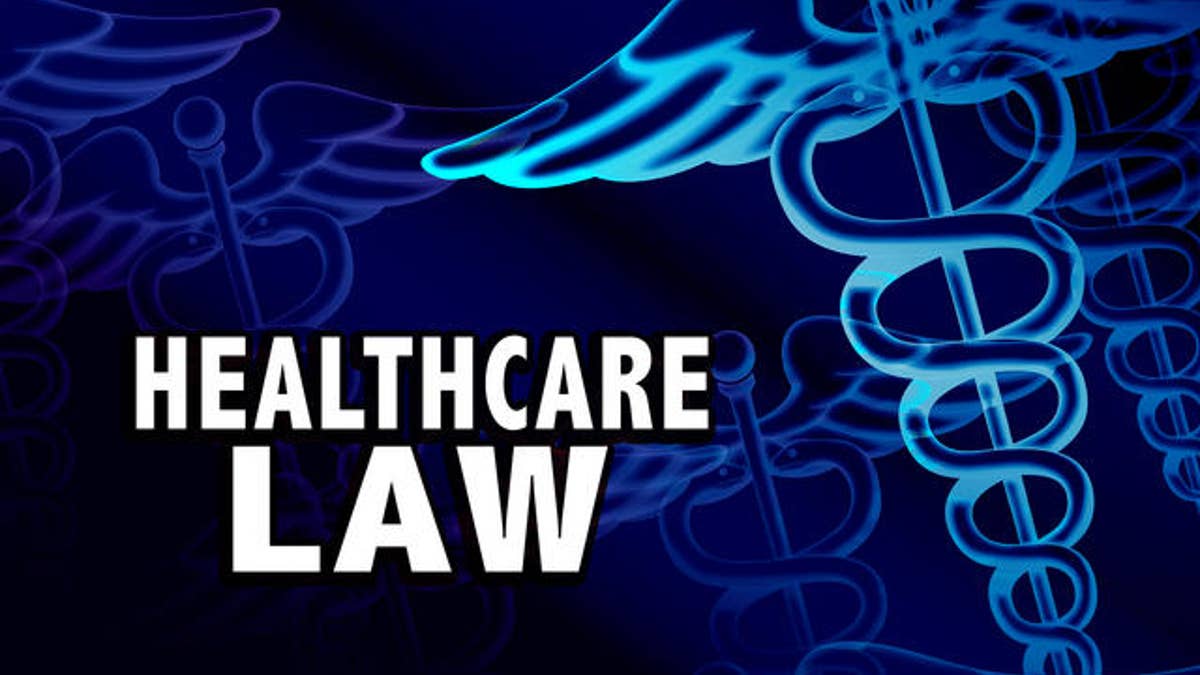
(AP2010)
Its members haven't been selected, and it doesn't even come into existence for more than a year, but already the oversight panel for Medicare that was created by President Obama's health care reform law is reigniting the fiery debates that preceded the law's passage more than a year ago.
When it springs to life in 2013, the Independent Payment Advisory Board, or IPAB, will field 15 members, all appointed by the president, subject to Senate confirmation. Their mission: to bend the cost curve -- i.e., slow the pace of growth -- for Medicare with recommendations that will carry the force of law -- unless Congress passes its own laws to override them.
On Jan. 15, 2014, IPAB will submit to Congress its first set of recommendations, with more to come on the same date in each of the next four years. Congress can act at any time to adopt those recommendations or pass more stringent laws to achieve the same or more effective ends, where costs are concerned. If that happens, IPAB's recommendations would remain on the shelf. But if Congress does not act within one year of its receipt of a given set of IPAB proposals, then those proposals become law.
During those first four years, IPAB's members will monitor medical data and the Consumer Price Index for signs of inflation in Medicare costs. Then, starting in 2018, the panel will peg its assessments about cost increases to the American economy, with IPAB's recommendations set to take effect if, in that year, the average cost of Medicare for each beneficiary exceeds the country's gross domestic product (GDP) by 1 percent -- and Congress hasn't acted.
The Congressional Budget Office has projected that growth in Medicare costs will not reach that point until a decade from now.
Still, as part of his broader effort to tackle America's looming debt crisis, Obama proposed last week that Congress modify the law to allow IPAB's recommendations to take effect sooner -- namely, if average Medicare costs rise by merely 0.5 percent of GDP. The Congressional Budget Office has not weighed in on how soon it sees that happening.
Critics contend IPAB will, over time, serve to ration health care – one of the pivotal charges lodged at the time the president's law was wending its way through both chambers of Congress.
"The IPAB can't really make structural changes on how Medicare operates," said James Capretta, a fellow at the Ethics and Public Policy Center who served from 2001 to 2004 as the top health care official at the Office of Management and Budget under President George W. Bush.
"The only thing they can really do is change what those who are providing services to the patients get paid. And of course, what they're going to get paid under this kind of proposal is less and less and less over time," Capretta said.
"When you bring payment rates down, people say, 'I can't provide that service at that price,' and they stop doing so. That's when you end of with the situation of, frankly, rationing, price rationing."
The White House and other defenders of IPAB note that provisions in the health care law -- specifically, in Section 3403 -- expressly forbid IPAB from making any recommendations that would ration care, curtail benefits or raise enrollee's premiums or deductibles.
"IPAB is a backstop," said Joe Baker, president of the New York-based Medicare Rights Center, a group that supports the president's health care reforms. "It's something that will be used if these other initiatives -- quality initiatives and better drug cost controls don't work.
"There's some good consumer protections built into the IPAB," Baker added. "Congress can say no to the IPAB's proposals ... So I think this is a way of putting to the test these kinds of fail safes to keep the budget in balance as much as possible (and) keep the deficit being chipped away at."
Obama's deputy chief of staff, Nancy-Ann DeParle, blogged on the White House website earlier this week that IPAB "will offer constructive ideas and help keep Medicare cost growth per enrollee affordable in the long run."
White House spokesman Nick Papas told Fox News that if Congress enacts all the president's health care proposals, including lowering the trigger-point at which IPAB's recommendations take effect from 1 percent of GDP to 0.5 percent, the country would see savings of $340 billion by 2021, $480 billion by 2023 and at least an additional $1 trillion in the following decade.
Such a change would require approval by both chambers of Congress and the president signing the measure into law. Papas said the White House hopes the provision will be contained in whatever legislation emerges from Vice President Biden's upcoming negotiations with congressional Republicans.




